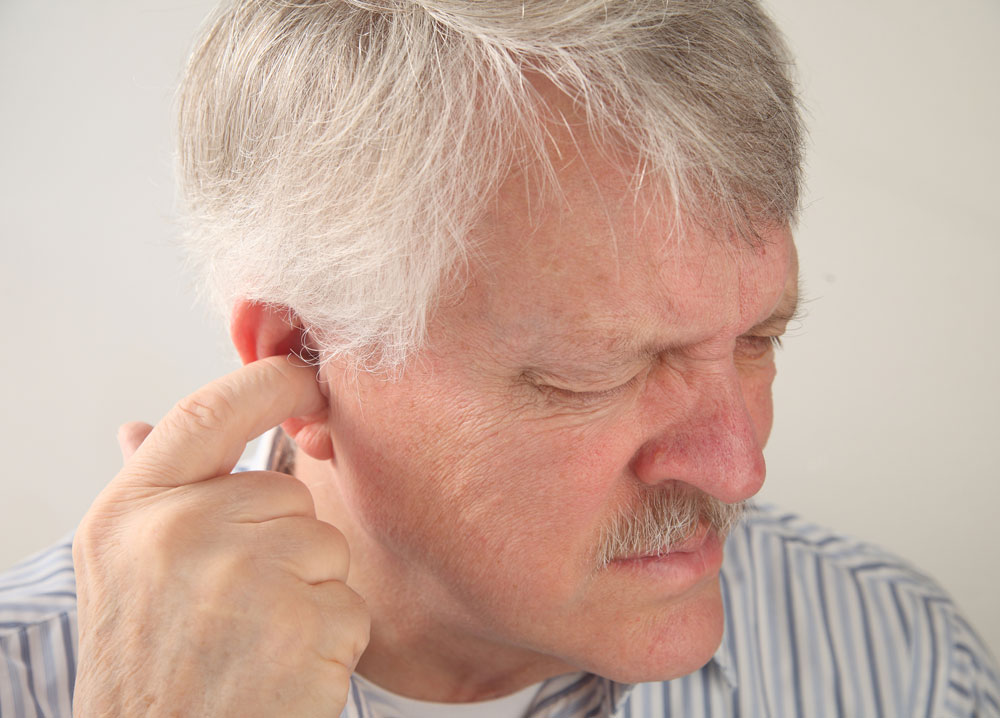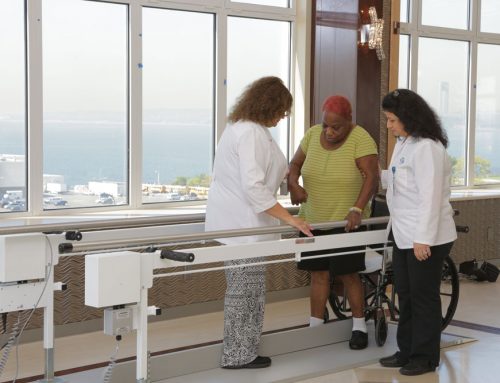Tinnitus, or a ringing in the ear, is quite common and tends to affect older people most. The noises people hear could be like a heartbeat in the ear, or a whooshing, clicking, buzzing or humming sound. Tinnitus can disturb concentration, affect your sleep and be frustrating. If you experience symptoms, see a doctor, get medical care, and better understand what is causing it.
What follows is for general information only – always seek professional medical advice for your specific circumstances.
What Causes Heartbeat in the Ears?
Various different conditions can cause you to hear a noise like a heartbeat in the ear and aggravate tinnitus. Each case of tinnitus may have a different primary cause or be caused by a combination of factors.

Hearing loss: Minuscule hair cells in your inner ear (cochlea) may degrade over time, restricting your ability to pick up sound waves. Normally, as the hairs move, they send electrical signals to your brain, which interprets them as sound. Damaged hairs confuse the brain by “leaking” rogue electrical impulses, causing tinnitus.
Ear infection or ear canal blockage: A build-up of fluid or earwax in ear canals can alter pressure in your ear, causing “heartbeat in the ear”. These noises may not be constant and can come and go.
Neck, head and brain injuries. These can affect hearing nerves or the way the brain interprets sound and can cause tinnitus.
Medication: Talk to your doctor to understand which medications you are taking may aggravate tinnitus. A high dose of a particular medicine may cause or worsen noises in the ear, like heartbeat.
Less common causes: Chronic health conditions such as diabetes, other auditory problems, and nerve or brain injuries may also cause tinnitus. Meniere’s disease, ear bone changes, muscle spasms in the inner ear, or neurological disorders are further possible causes.
Signs and symptoms of the heartbeat in the ears
Whether you experience “heartbeat in the ear” in one or both ears, it could indicate a serious underlying condition. Some people experience mild tinnitus and are not bothered too much by it. For others, whose sleeping routine or concentration may be disturbed, medical care may be necessary.
Be aware that treatment may not be able to completely rid you of heartbeat in the ear. On the other hand, it may be able to reduce or mask symptoms and improve quality of life.
“Pulsatile tinnitus” is when a rhythmic pulsing or whooshing sound coincides with your heartbeat. If you have this rare condition, your doctor may be able to hear your tinnitus.
Top class medical care at Brooklyn-based Haym Salomon Home for Nursing and Rehabilitation in NY covers most health conditions, including treating patients with ear nose and throat complications.
Do contact us if you or your loved one needs nursing care or rehab and restorative therapies. We offer medical and hospice care to those with incurable diseases such as cancer, dementia, stroke and others. Walk in to see things for yourself. We are here to answer any questions and concerns you may have.
This content comprises informative and educational resources only and can not be considered as a substitute for professional health or medical guidance. Reliance on any information provided in this article is solely at your own risk. If you have any inquiries or apprehensions about your medical condition or health goals, talk with a licensed physician or healthcare provider.






I have had this tinnitus in both ears for about a year. Use to be one ear now it’s both. It is DEFINITELY interfering with my sleep, BAD! About 1 and a half years ago I had to have radiation on the right side of my throat because of cancer of all places in my right tonsils. This condition started way after my radiation was completed. I just don’t know what to do.